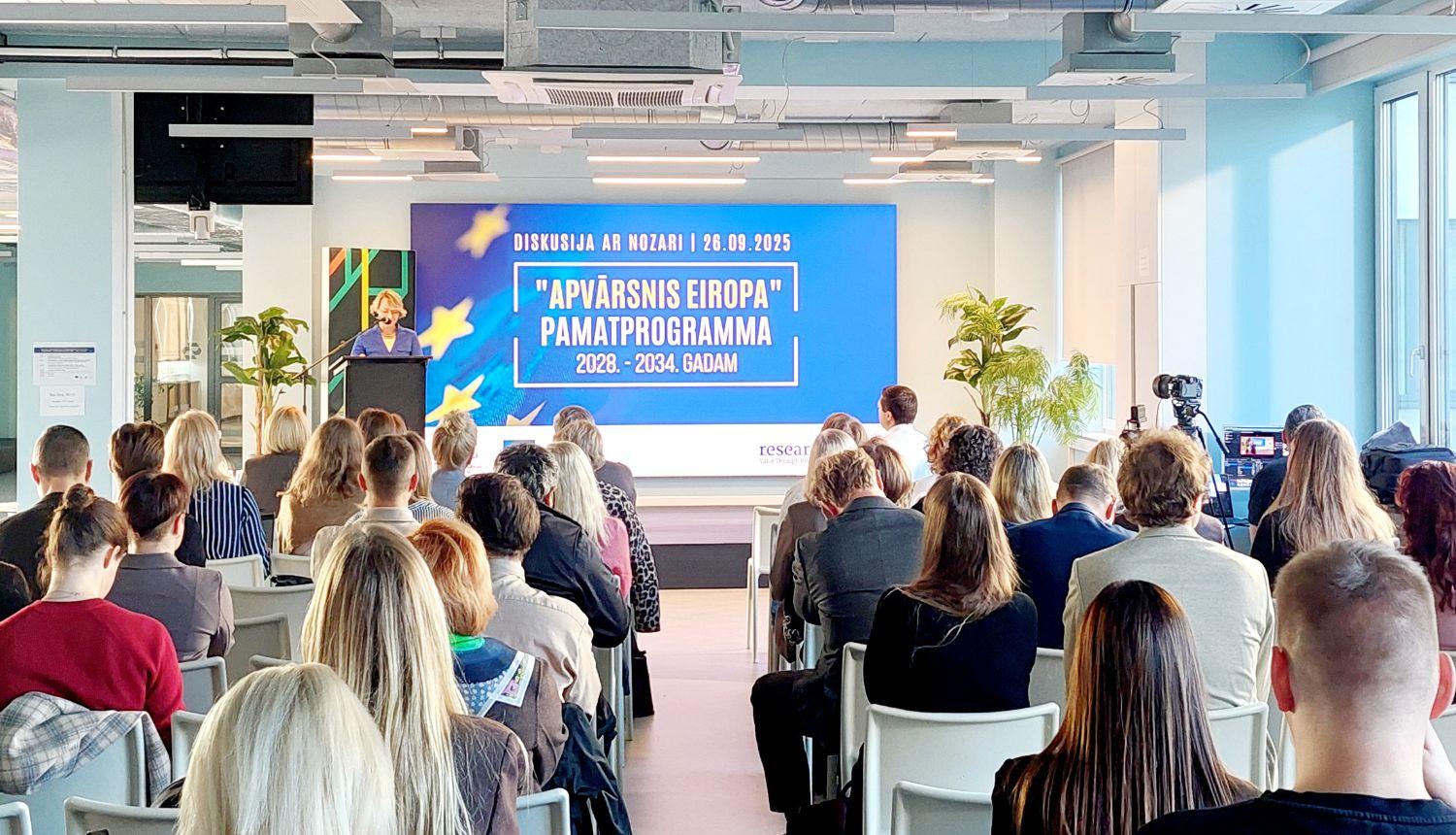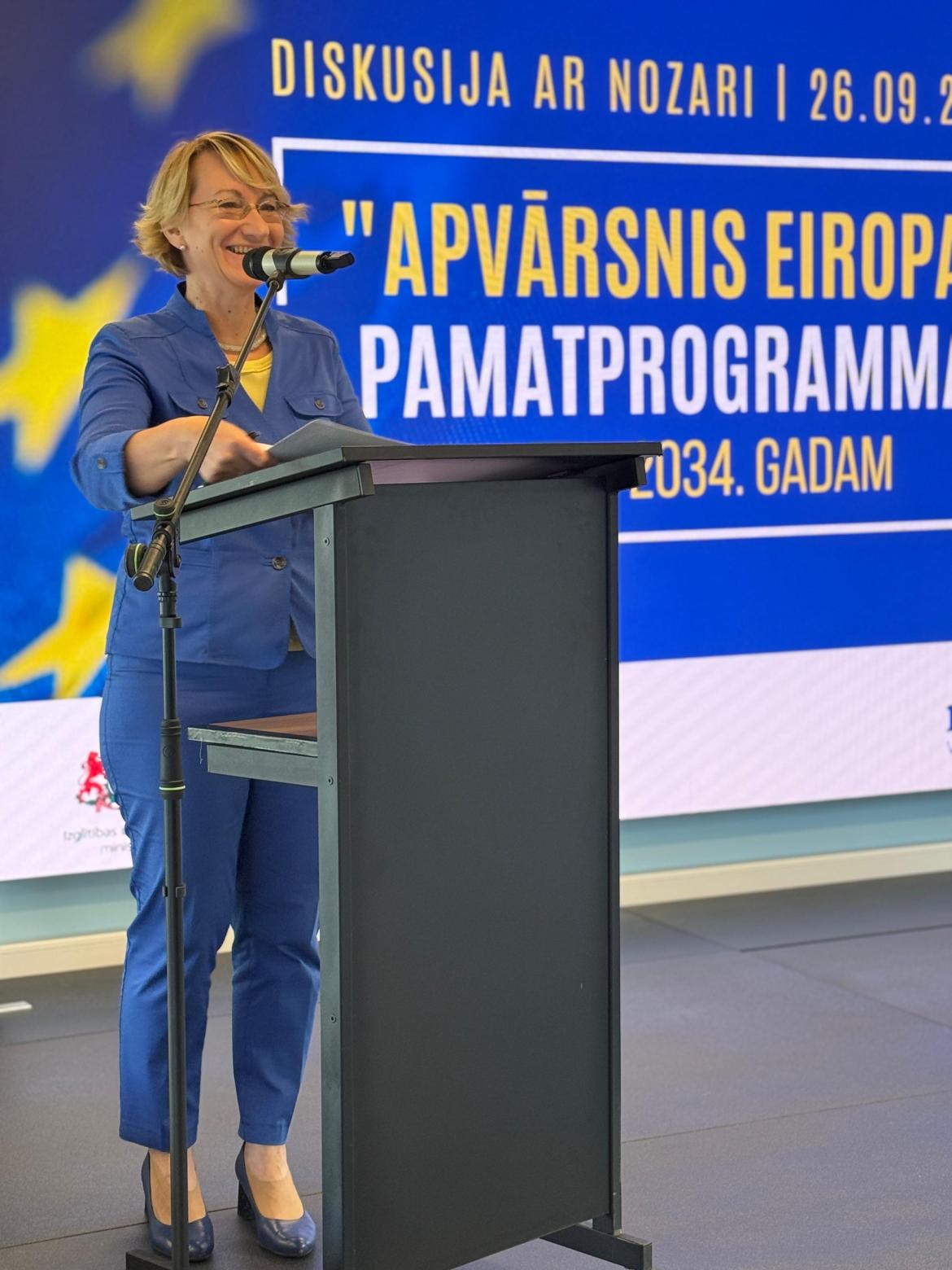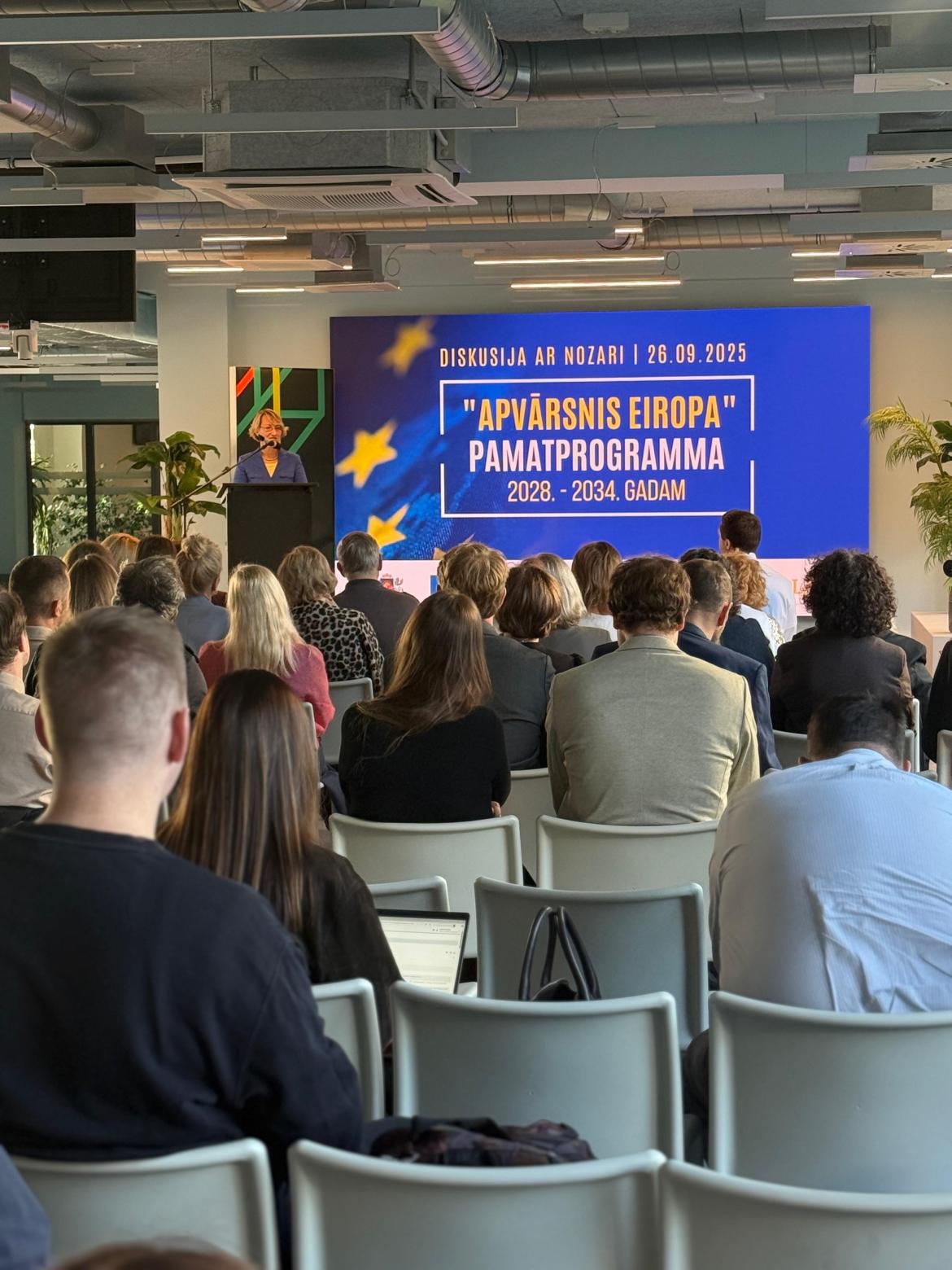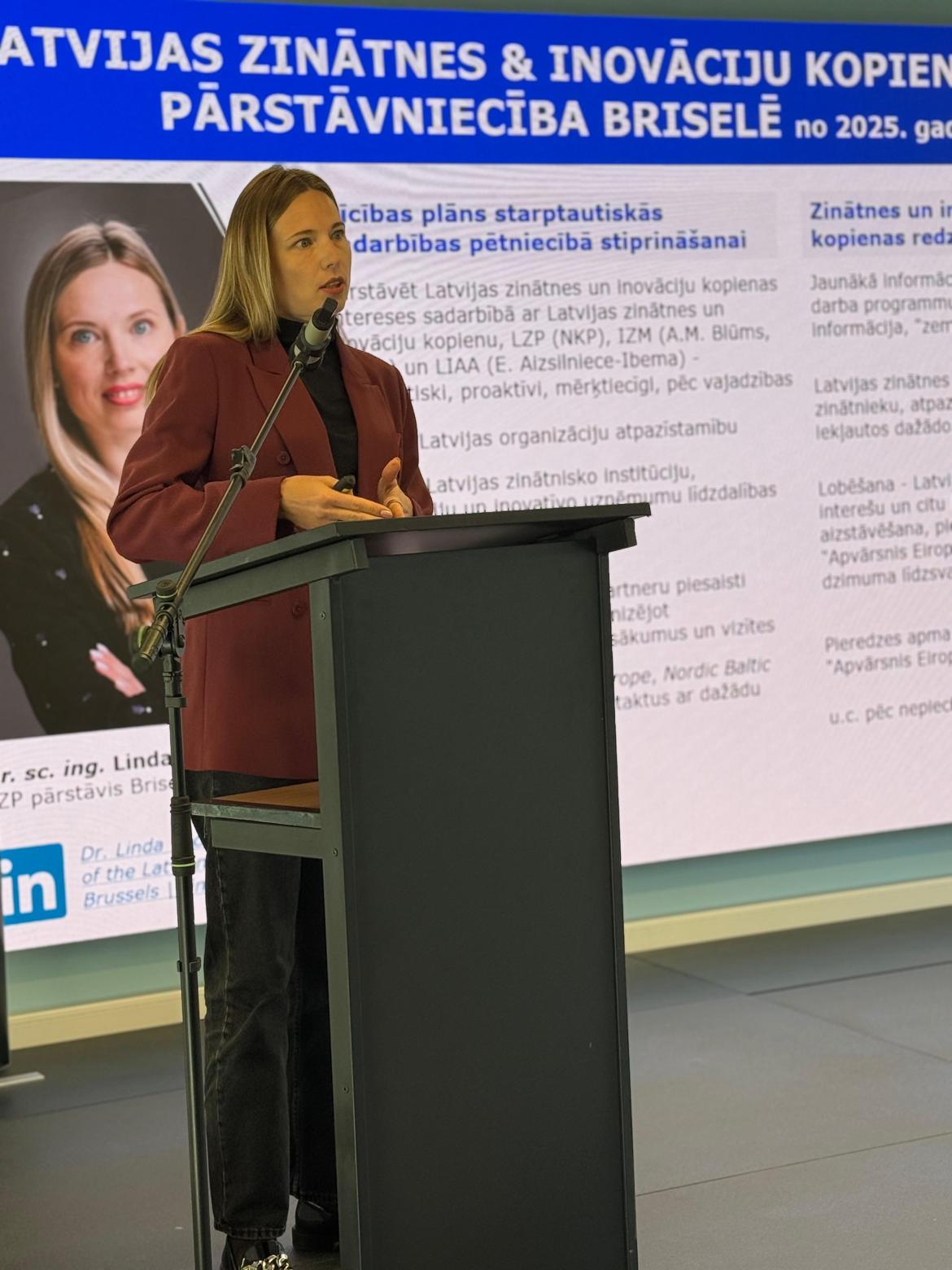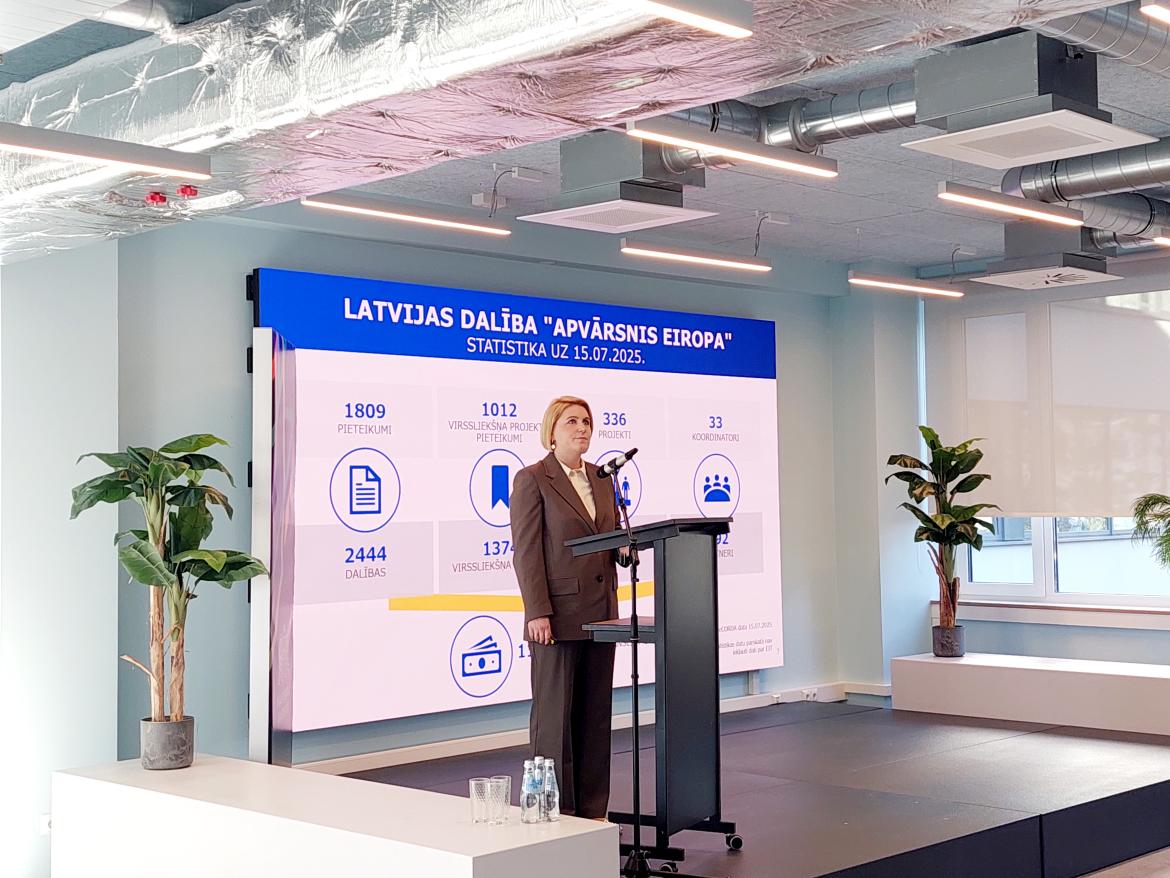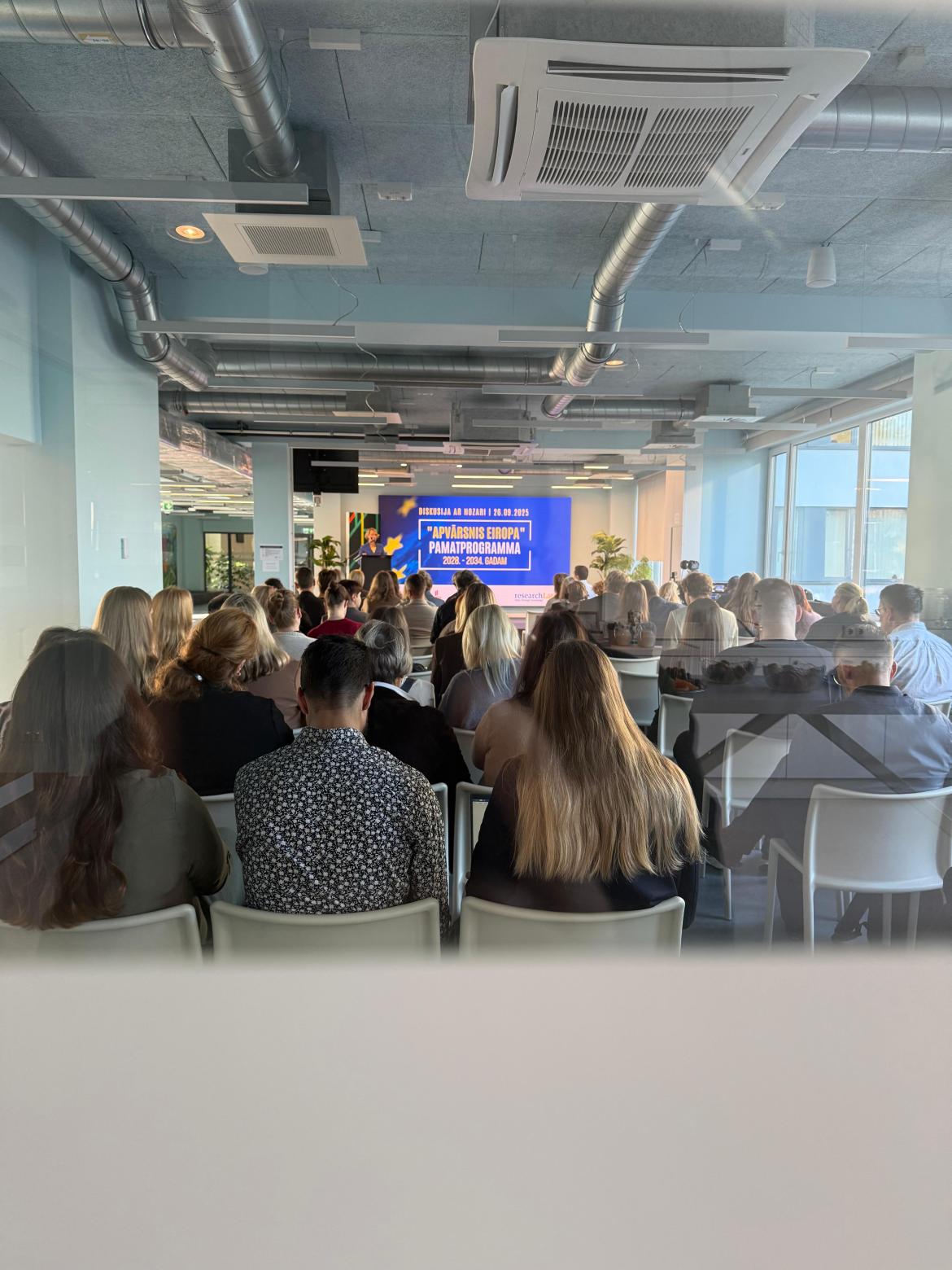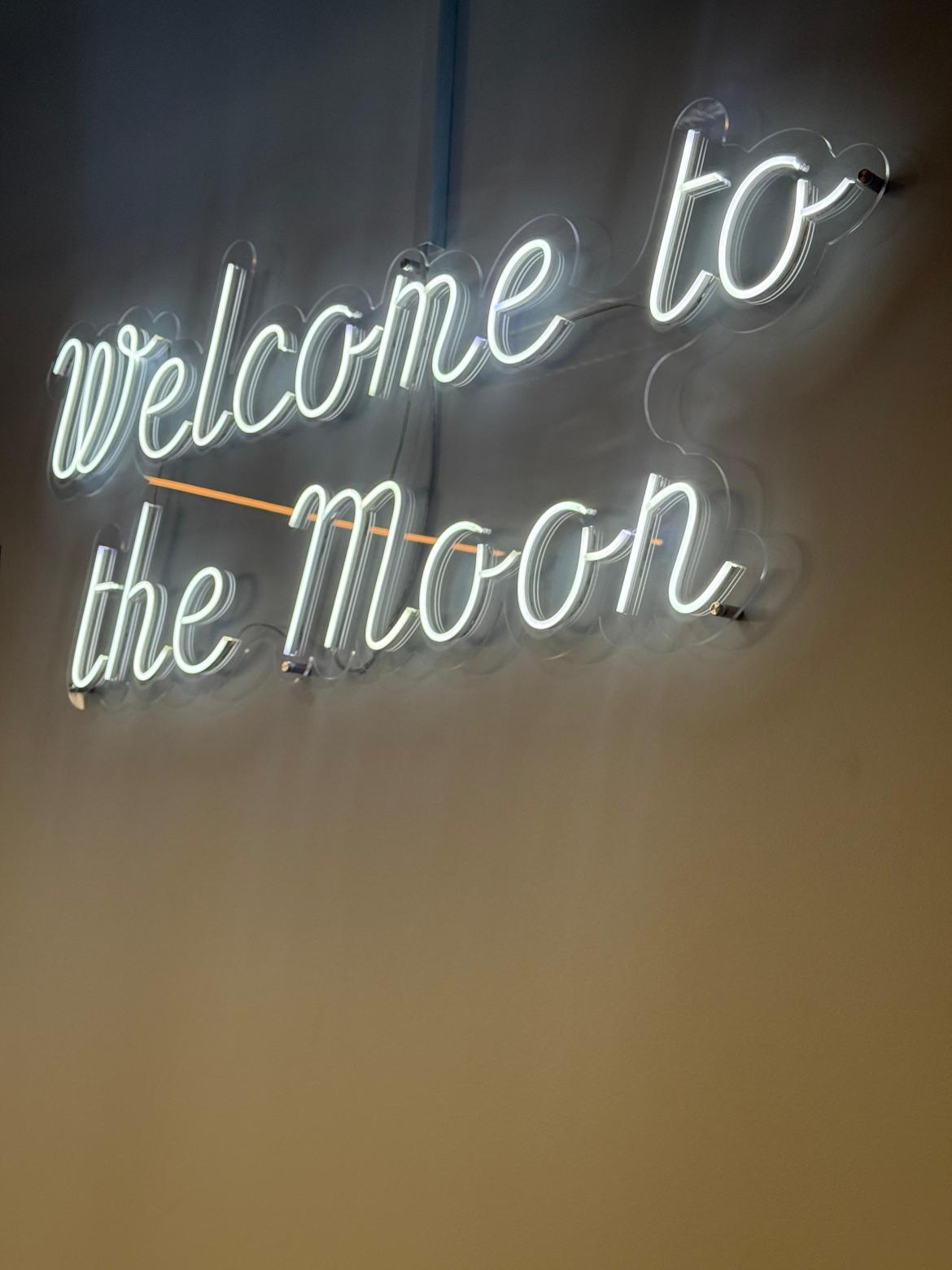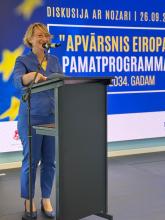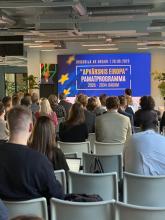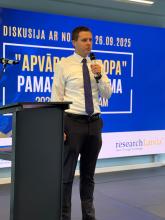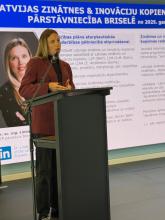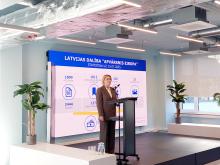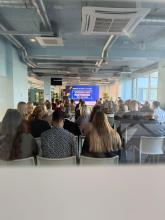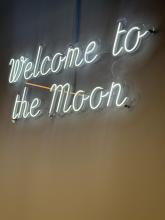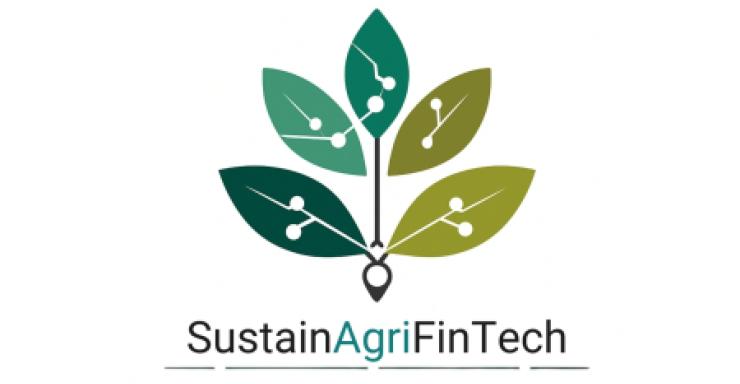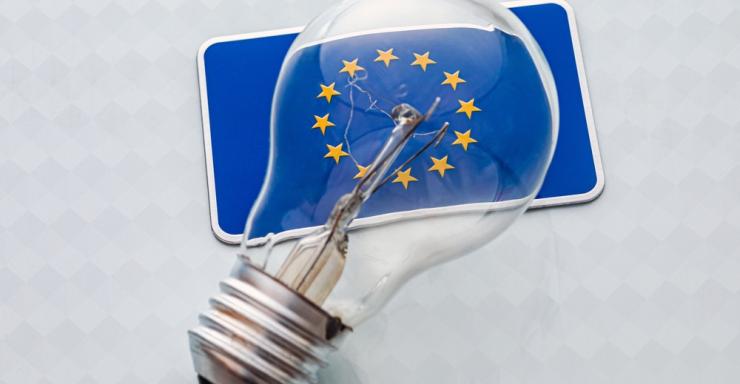Latvia’s research and innovation community is preparing for the next stage of development within the European Research Area. A seminar held in Riga brought together representatives from universities, research institutions, the private sector, and public administration to discuss how Latvia can fully seize the opportunities offered by the upcoming EU research and innovation framework programme "Horizon Europe 2028 – 2034".
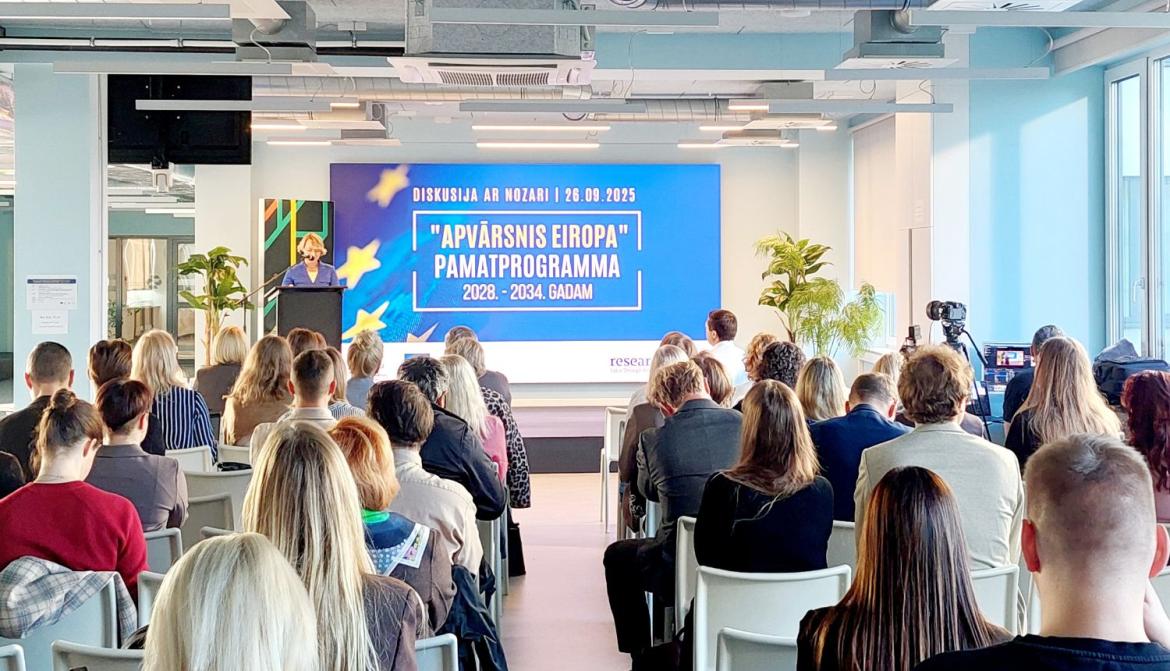
The seminar was opened by the Minister of Education and Science, Dace Melbārde, who emphasised that Latvia must make use of new opportunities to strengthen both the academic environment and the competitiveness of businesses. Dr. sc. ing. Jūlija Asmuss, Head of the Horizon Europe National Contact Point at the Latvian Council of Science (LCS), presented the achievements and challenges so far, while Aleksandrs M. Blūms, Counsellor for Research and Space Affairs at the Permanent Representation of Latvia to the EU, shared insights into the planned changes in the upcoming programme period.
"An ambitious budget is planned for the next programme period, yet there remain challenges in implementing research projects based on international cooperation," noted Aleksandrs M. Blūms.
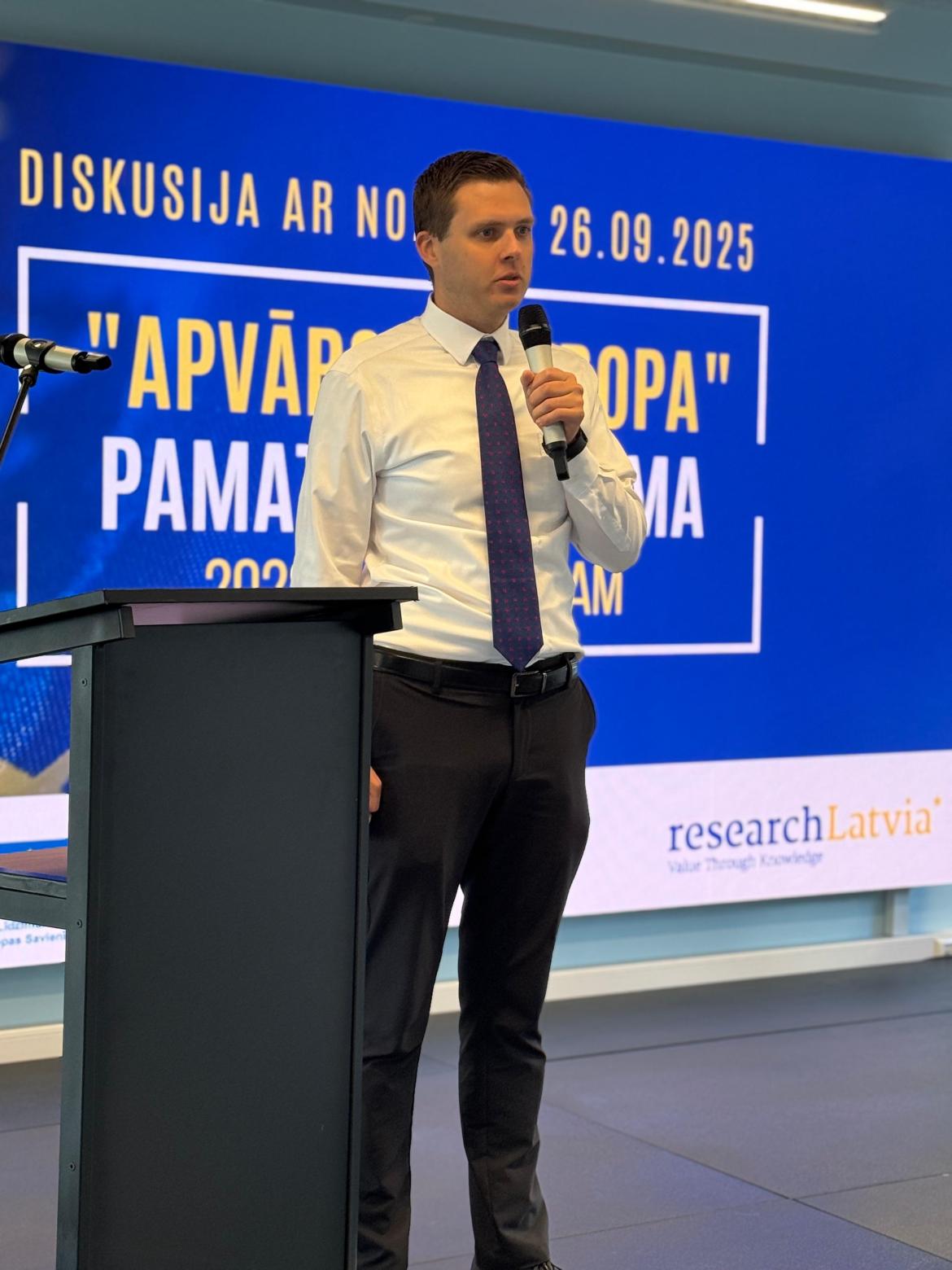
Key takeaways:
- Latvia’s participation in “Horizon Europe” is increasing — both in terms of the number of participants and the volume of funded projects, including those under the European Research Council (ERC) and Marie Skłodowska-Curie Actions (MSCA).
- The next period foresees a significant funding increase for scientific excellence, innovation, and addressing societal challenges. The total budget of the European research and innovation framework programme will reach EUR 175 billion, which in certain pillars represents a 50–190% increase.
- The “Widening Participation” instrument will continue to exist. The so-called “Widening countries” may be divided into two groups with different levels of access to various support schemes. Latvia will remain eligible for "Teaming",
- “Twinning”, and other capacity-building instruments.
- Continued national support for participation in the programme: the LCS will keep providing support tools for project preparation, including funding for coordinators and partners, as well as opportunities for preliminary project evaluations.
The seminar highlighted that Latvia has real potential to become an active and competitive participant in the next EU research and innovation framework programme, which will shape scientific development up to 2034.
Participants stressed the importance of building a targeted and strategic approach to Latvia’s participation in these programmes, strengthening scientific capacity, international cooperation, and the ability to create solutions that respond to societal needs.
The in-person event was organised within the project No. 1.1.1.1/1/24/I/001 “More Efficient and Smarter Implementation and Management of Latvia’s Science Policy”, administered by the Ministry of Education and Science.

